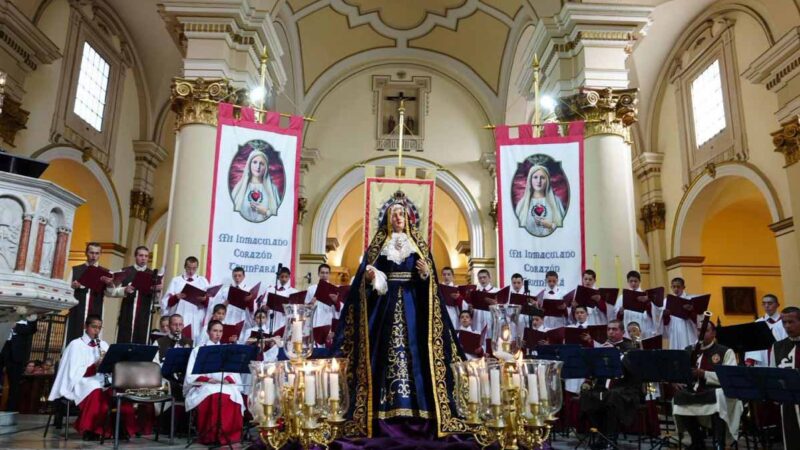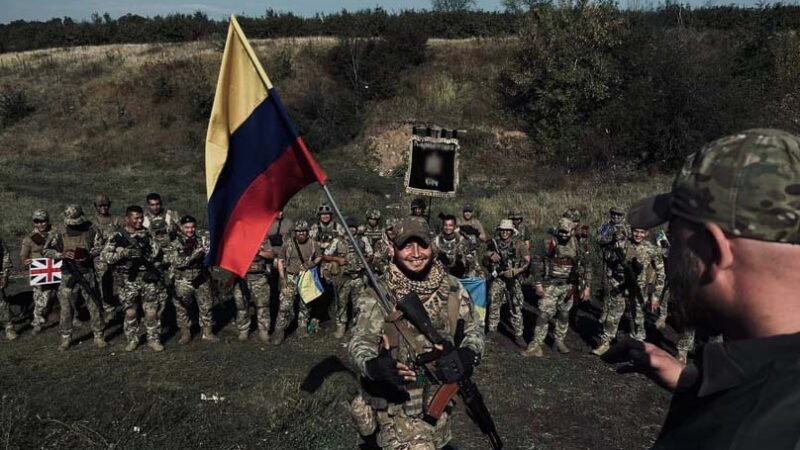
Colombia’s Special Jurisdiction for Peace (JEP) has issued its first criminal sentences against the former leadership of the Revolutionary Armed Forces of Colombia (FARC), finding seven senior commanders responsible for war crimes and crimes against humanity committed through kidnappings that lasted over two decades.
The ruling is the most significant to date from the tribunal created under the 2016 Peace Accord that ended more than five decades of conflict between the Colombian state and Latin America’s oldest guerrilla. It reconstructs how the FARC used kidnappings as a central strategy to finance its operations, control territory and influence political negotiations.
According to the tribunal, more than 21,000 people were abducted by the FARC between 1993 and 2012. Hostages were held for ransom, used to pressure the government into prisoner exchanges, or taken to intimidate civilian populations. The JEP concluded that the practice was a deliberate policy approved by the group’s top commanders rather than isolated actions by local fronts.
Victims were often confined in barbed-wire cages known as jaulas, chained by the neck or feet, and forced to march through remote terrain. The ruling documents cases of torture, sexual violence, forced displacement and killings of those who attempted escape or whose families were unable to pay ransom. Many victims disappeared without a trace, leaving families in prolonged uncertainty.
The tribunal found that the FARC leadership monitored the number of hostages, issued orders regarding ransom demands and devised strategies for negotiating releases. Commanders also received reports from lower-ranking units on the treatment and conditions of detainees.
Sanctions Against the “Secretaritat”
The seven sanctioned commanders are Rodrigo Londoño (known as “Timochenko”), Pablo Catatumbo, Pastor Alape, Julián Gallo, Rodrigo Granda, Milton de Jesús Toncel and Jaime Alberto Parra. All were part of the group’s final Secretariat, the highest decision-making body of the FARC.
Rather than imposing traditional prison terms, the tribunal applied the sanctions envisioned in the peace accord for those who admit responsibility and contribute to truth and reparations. The commanders were sentenced to up to eight years of “special sanctions,” which include restrictions on movement, electronic monitoring and mandatory participation in restorative projects.
The sanctions require them to engage in tasks such as locating the remains of the disappeared, supporting humanitarian demining operations, environmental recovery and symbolic reparations in coordination with victims’ organizations. Compliance will be monitored by the JEP and the United Nations Verification Mission in Colombia. If they fail to meet conditions, they may face ordinary criminal penalties, including prison.
The Scope of Criminal Responsibility
In its 500-page verdict, JEP emphasized that the commanders’ responsibility was both individual and collective. The decision states that the kidnappings were executed “as part of a policy designed, implemented and maintained by the Secretariat of the FARC-EP.”
The JEP concluded that the acts amounted to war crimes and crimes against humanity, including hostage-taking, torture, cruel and inhuman treatment, sexual slavery, forced displacement and murder. The tribunal found that the practice of kidnapping civilians under inhumane conditions qualified as enforced disappearance in numerous cases.
The ruling also underscores the scale of victimization. Families were forced to sell property or abandon livelihoods to raise ransom payments, while others were displaced after being targeted for collaboration with the state. The tribunal highlighted the psychological trauma caused by uncertainty over the fate of the missing.
The ruling also provides a detailed record of the FARC’s internal structures and decision-making, adding to the official historical account of the conflict. By documenting the chain of command and the mechanisms used to authorize kidnappings, the tribunal sought to establish a clear precedent that such practices were directed from the highest levels.
JEP is also expected to issue additional rulings in other macro-cases, including crimes committed against the Armed Forces, extrajudicial executions, and violence against Indigenous and Afro-Colombian communities.
While the sanctions do not include prison terms, the decision marks the first time in Colombia that the demobilized leadership of an illegal armed group has been formally charged for mass kidnappings through a tribunal created by a peace accord. The ruling also a capstone to balance justice and reconciliation, ensuring accountability while prioritizing the rights of victims.
Share this story
Richard Emblin
Richard Emblin is the director of The City Paper.







